CAPS Participates in Fifth South Asia Regional Dialogue in Kathmandu, Nepal 28 – 30 August 2013
Mr. Hekmatullah Azamy, Research Analyst at Centre for Conflict and Peace Studies (CAPS) attended a three-day dialogue in Nepal, titled “South Asia Session 2025”. Jointly hostedby the Institute of Peace and Conflict Studies (IPCS) in Delhi and the Konrad Adenauer Stiftung (KAS), research scholars and think-tank representatives from various SAARC member countries (Afghanistan, Bangladesh, Bhutan, India, Maldives, Nepal, Pakistan and Sri Lanka) participated in the event. The dialogue was also saw the inauguration of theConsortium of South Asian Thinktanks (COSATT) website. COSATT is an informal network of leading think tanks and research institutes in South Asia.
South Asia remains one of the most volatile regions in the world. Lack of regional cooperation, poor political and economic relations and conflict along the border among South Asian nations are considered the main issues. To tackle these problems, IPCS,in collaboration withKAS,organizedthe conference whereinintellectuals from respective countries made presentations and offeredrecommendations on how to boost relations with one another.
The dialogue consisted of six sessions and two broad themes i) South Asia 2025: Regional Perspective and ii) Reaching the Common Goal: Perspective from Individual countries. The meeting started with inaugural speeches by D. Suba Chandran, IPCS Director, and Tomislav Delinic, KAS Representative for Regional Programme SAARC, followed by a keynote speech by Amb. Salman Haidar, Former Foreign Secretary of India.CAPS’ Director Mr. Hekmat K. Karzai was also invited to attend the gatheringbut was unable to participate due to unforeseen constraints. As a result, Mr. Azamy read the presentation on Mr. Karzai’s behalf. Mr. Karzai’s comprehensive presentation mainly looked at the triple aspects of challenges and opportunities in South Asia, i.e. rapid urbanization, growing youth population and insecurity. In his presentation, Mr. Karzai arguedthat inattention to these three growing issues could magnify problems in South Asia by 2025.Other experts in the panel criticized SAARC for not being very supportive. A single currency for South Asia was also proposedby some panelists.
In the second theme, Mr. Azamy spoke about border issues in South Asia nations from an Af-Pak perspective. In his presentation, Mr. Azamy related major security, political and economical common goals to the salvation of the Durand line. He pointed out the problems causeddue to border conflicts between nations, and also elaborated on how borders can affectthe political, economicand security atmosphere between countries. Mr. Azamy’s presentation offered some recommendations on the way forward.
The dialogue concluded with all parties agreeing to hold a follow up conference in late October or early November of this year.

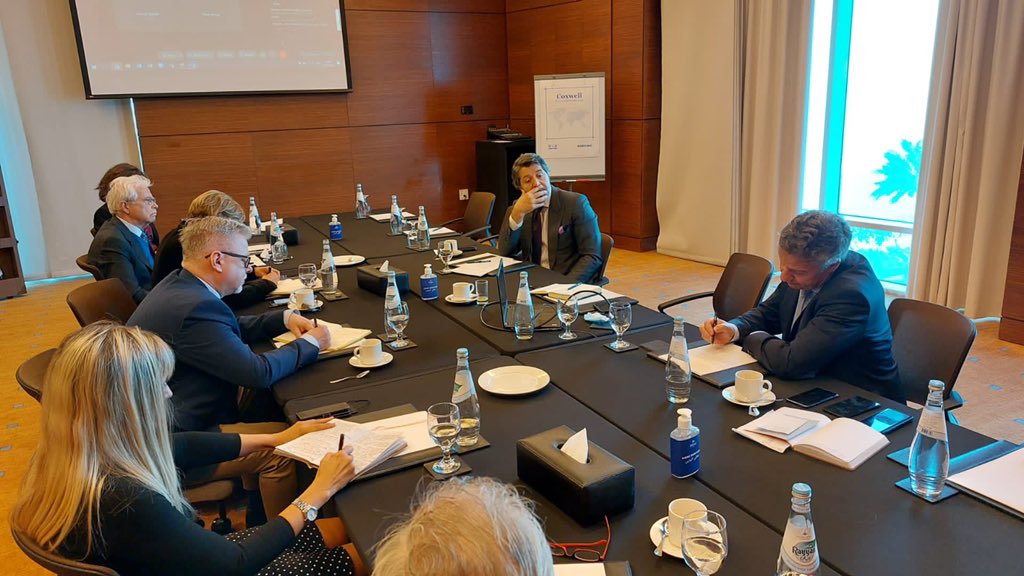
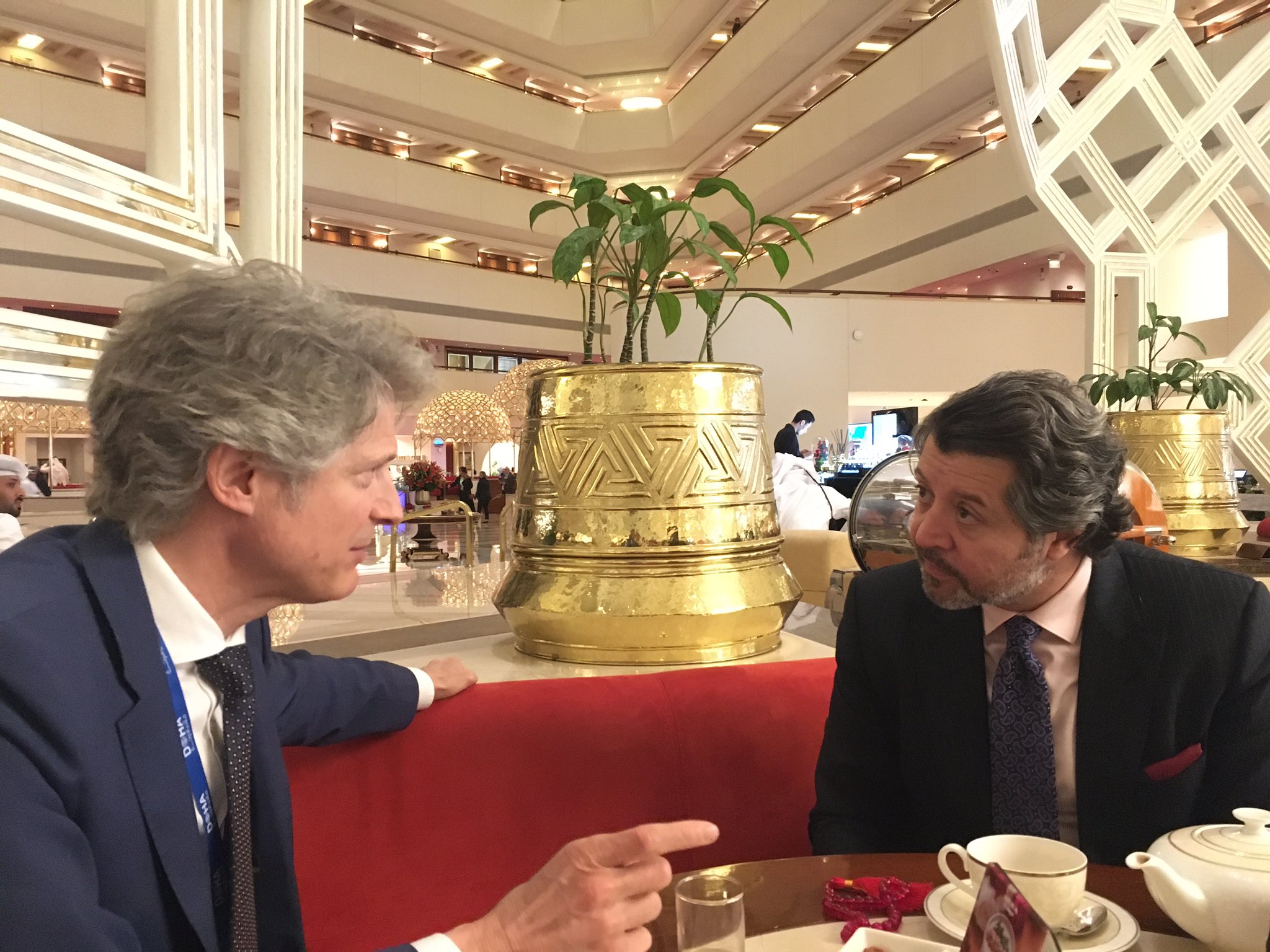

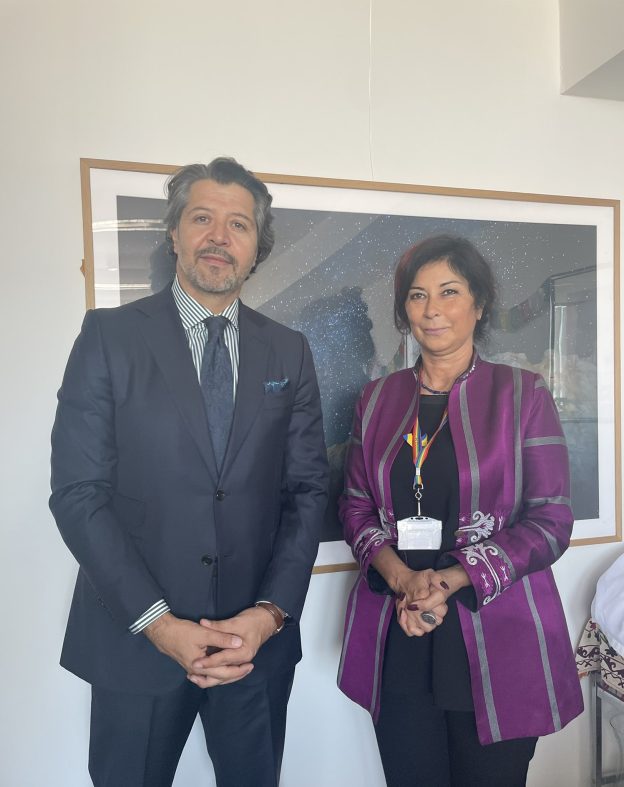
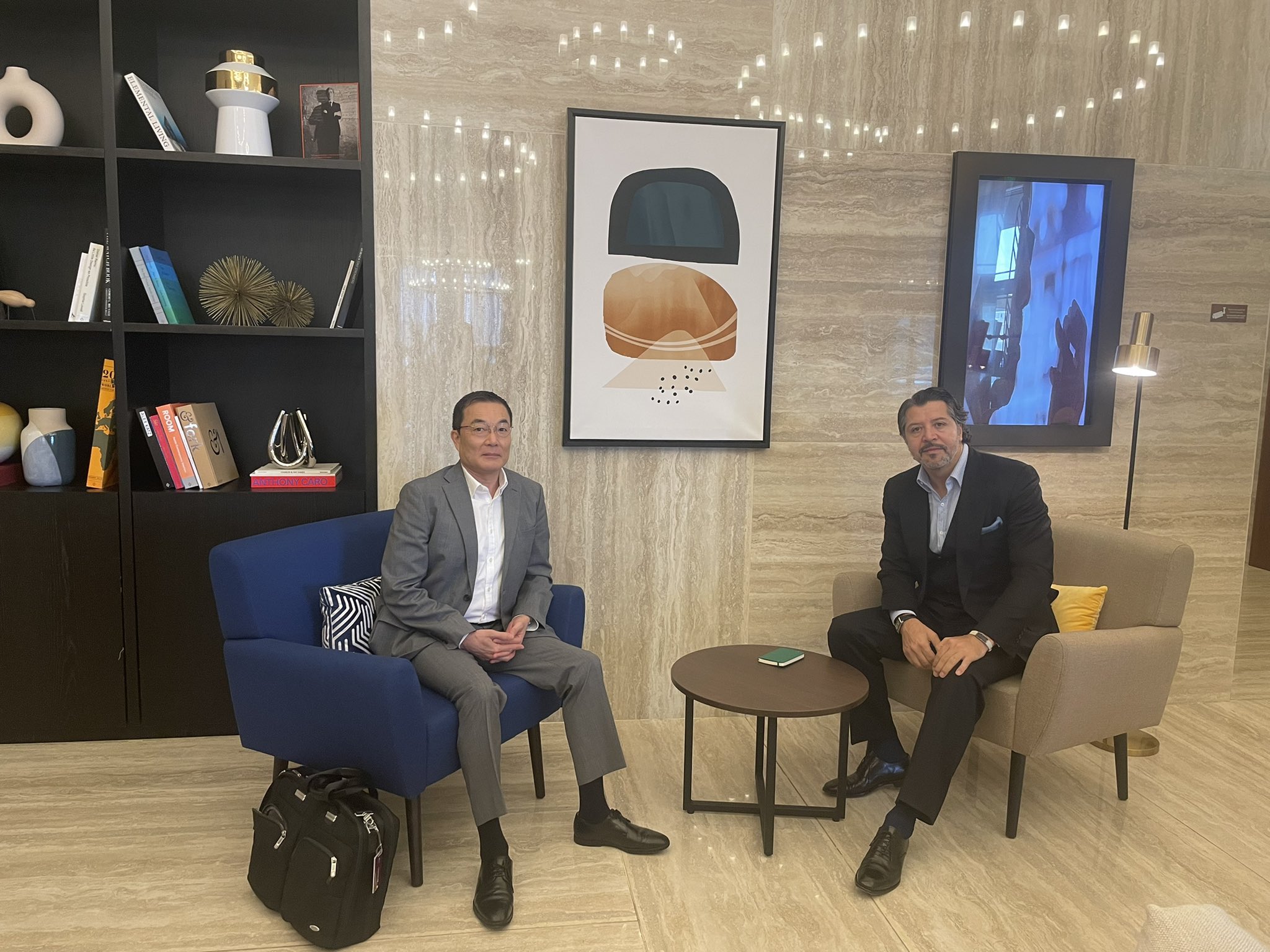
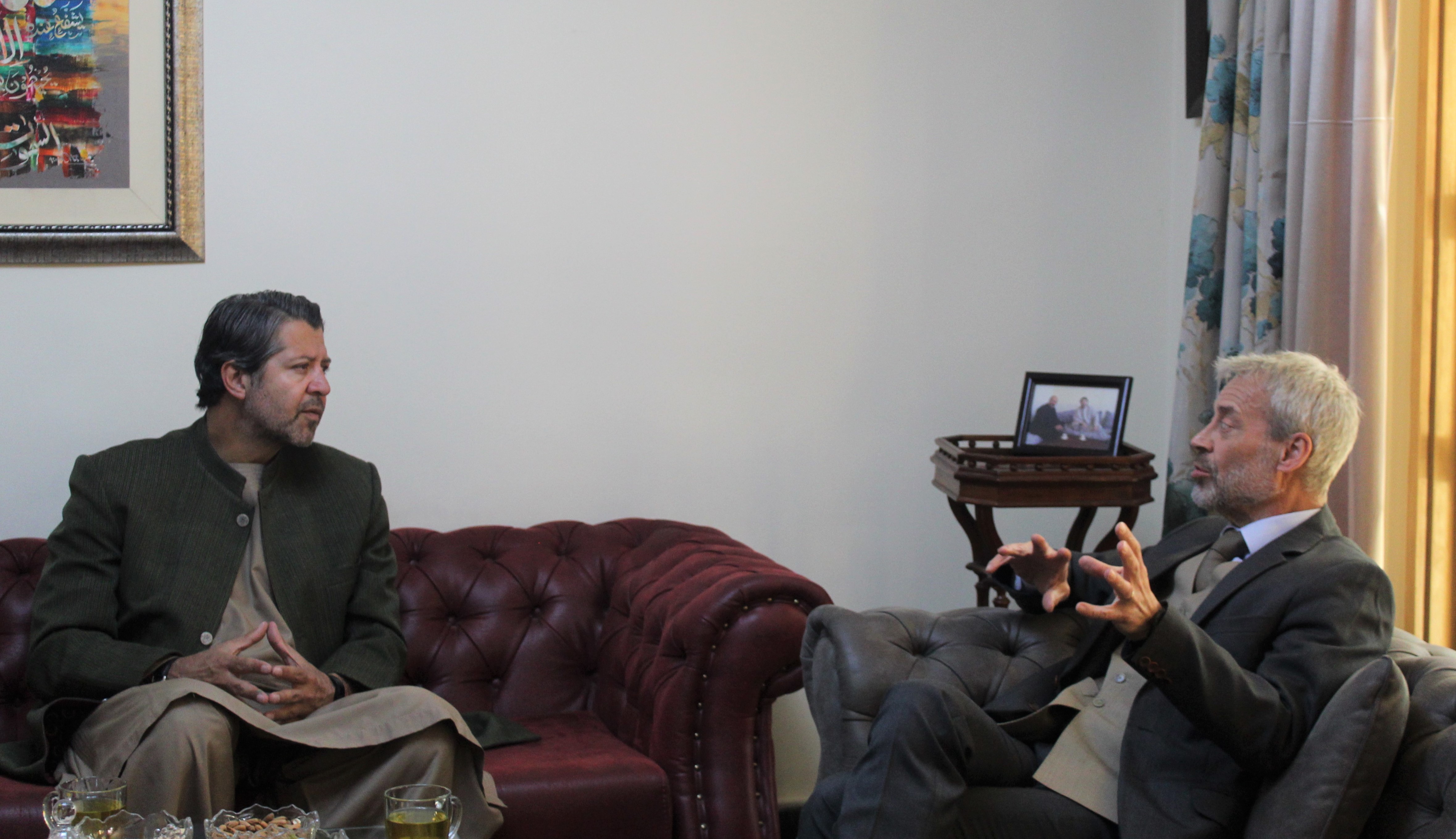
Leave A Comment